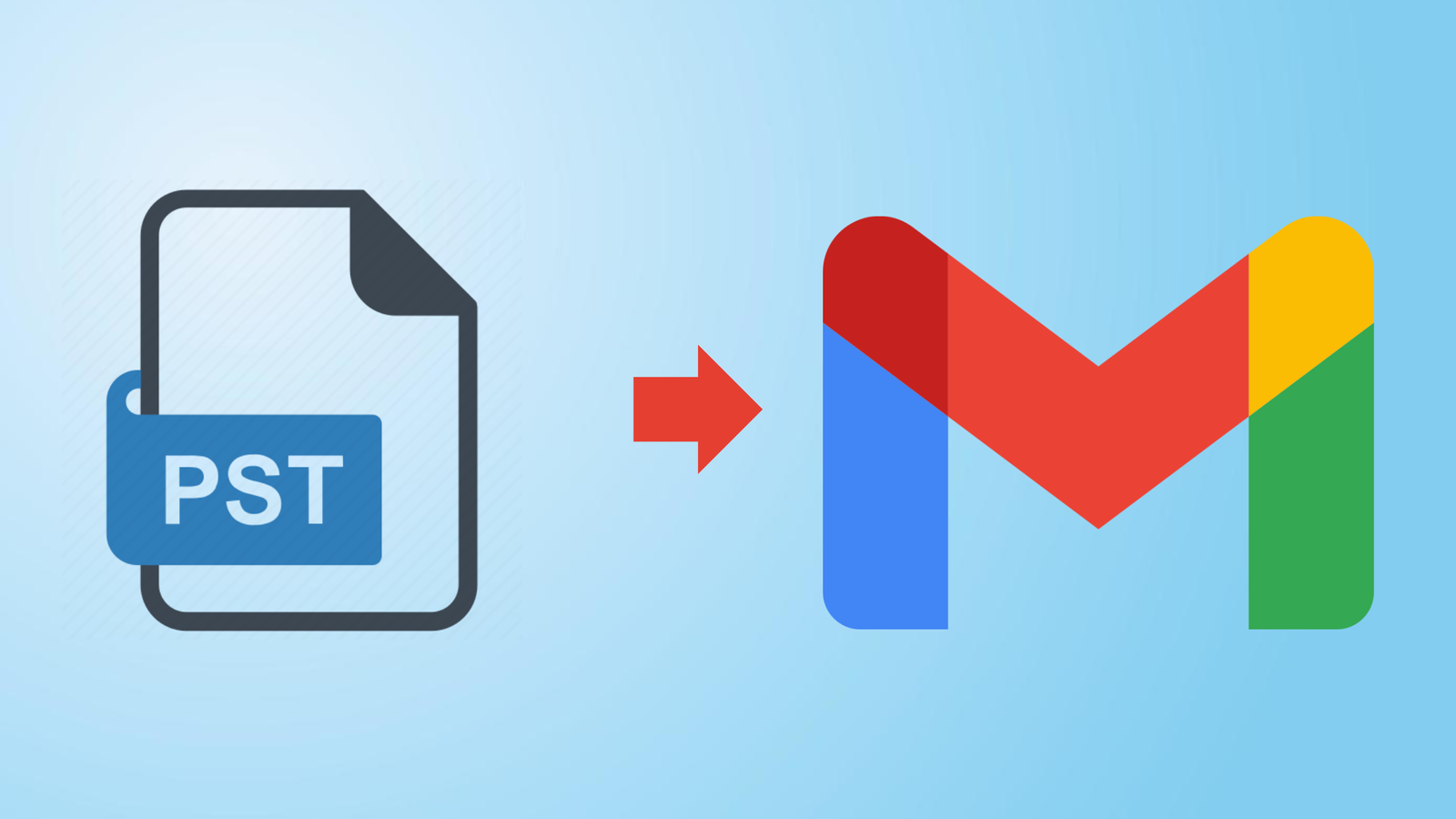In today’s ever-evolving business landscape, staying ahead requires constant adaptation. The world of project management is no exception. As organizations face growing complexity, tight deadlines, and rapidly advancing technology, the need for innovative project management frameworks has never been greater. As we approach 2025, understanding the key elements of a project management framework becomes critical to staying competitive and efficient. Let’s explore what trends are reshaping these frameworks and how you can leverage them to ensure success in the years to come.
The Evolution of Project Management Frameworks
Project management frameworks have been evolving over the years. Traditionally, the waterfall model was the go-to framework, offering a structured, step-by-step approach to managing projects. However, the rapid pace of change in the business world and technology prompted the rise of agile methodologies—which offer more flexibility and adaptability to change during a project’s lifecycle. Agile made project management more responsive, encouraging frequent iteration and improvement.
Fast forward to 2025, and frameworks are no longer about choosing one methodology over the other. Instead, there’s a growing emphasis on hybrid frameworks that combine the best aspects of both traditional and modern approaches. Hybrid frameworks are particularly beneficial for managing projects that require a blend of structure and flexibility, enabling project managers to adapt to varying project needs and environments.
Key Trends Shaping Project Management Frameworks in 2025
Let’s dive into the emerging trends that are shaping project management frameworks for 2025. These trends focus on improving efficiency, sustainability, and stakeholder engagement, ensuring project success in an increasingly complex landscape.
1. AI and Automation in Project Management
Artificial intelligence (AI) is transforming the way we approach project management. In 2025, AI will continue to play a pivotal role in project planning, execution, and analysis. From predictive analytics to task automation, AI will enhance every stage of the project lifecycle.
- Predictive Analytics: AI can analyze historical data and predict potential risks, helping project managers make data-driven decisions to avoid delays and budget overruns.
- Task Automation: Repetitive tasks like scheduling, reporting, and resource allocation can be automated, freeing up project managers to focus on higher-level decision-making.
Integrating AI into your project management framework not only increases efficiency but also reduces human error, improving project outcomes.
2. Sustainability and Green Project Management
As sustainability becomes a global priority, project managers are increasingly expected to integrate green practices into their frameworks. This is more than just a trend—it’s a shift toward responsible and eco-conscious project management. By 2025, green project management will be a standard practice.
- Eco-friendly Planning: From the outset, project managers will need to consider environmental impacts in their plans, such as minimizing waste and choosing sustainable materials.
- Carbon Footprint Tracking: Tools that track and manage carbon footprints will become more common, enabling project managers to reduce their environmental impact.
Sustainability is not only beneficial for the planet but also adds value to companies that prioritize it, building stronger brand reputation and customer loyalty.
3. The Rise of Hybrid Frameworks
As projects become more complex and multifaceted, hybrid frameworks are emerging as the go-to solution. These frameworks combine the best of both worlds: agile flexibility and the structure of traditional methodologies like waterfall.
For example, agile methodologies may be applied during the development phase of a project, while waterfall principles can be used for long-term, large-scale implementation. Hybrid frameworks allow organizations to tailor their approach based on the specific needs of each project, ensuring more efficient use of resources and better adaptability to changing requirements.
4. Remote and Distributed Team Management
With the rise of remote work, project management frameworks must adapt to the challenges of leading virtual teams. In 2025, remote and distributed teams are expected to become even more common, requiring frameworks that foster seamless collaboration across different time zones and locations.
- Communication Tools: Video conferencing platforms, instant messaging, and collaborative document-sharing systems will be integral to managing remote teams.
- Time Zone Management: Managing teams across various time zones will require careful coordination and smart scheduling tools to ensure smooth communication and collaboration.
The shift to remote work emphasizes the need for project managers to be tech-savvy and capable of using tools that support virtual teamwork, helping to maintain project momentum even when teams are geographically dispersed.
5. Enhanced Stakeholder Engagement
Effective communication with stakeholders has always been essential to project success, but in 2025, stakeholder engagement will go beyond traditional methods. Iterative feedback loops, transparent reporting, and continuous collaboration will become integral parts of project frameworks.
- Active Involvement: Projects will adopt more frequent check-ins with stakeholders, allowing for real-time input and adjustments.
- Feedback Loops: By incorporating feedback from stakeholders throughout the project, managers can better align project outcomes with stakeholder expectations, ensuring higher satisfaction and better project success.
This focus on enhanced engagement helps ensure that stakeholders feel heard and involved, making them more likely to support the project and contribute to its success.
Key Elements of a Project Management Framework in 2025
Every project management framework, regardless of its specific approach, should incorporate certain key elements to be effective. These core elements remain essential even as the landscape evolves.
1. Goal Setting and Scope Definition
Clear objectives and scope are essential for guiding any project. In 2025, project managers will be expected to refine goal-setting processes, ensuring that all stakeholders are aligned on the project’s purpose and expected outcomes.
- Start with specific, measurable, achievable, relevant, and time-bound (SMART) goals.
- Clearly define scope to prevent scope creep, which can lead to project delays and budget overruns.
2. Resource Allocation
Proper resource allocation is key to project success. In 2025, with the increasing complexity of projects, advanced tools will be required to optimize resource usage, ensuring that human, financial, and material resources are used efficiently.
- Use AI-powered tools to predict and allocate resources based on project needs.
- Track resource usage in real-time to identify bottlenecks and adjust accordingly.
3. Risk Management
Risk management continues to be a cornerstone of project management frameworks. In 2025, predictive risk analysis powered by AI will be more prevalent, helping project managers identify and mitigate risks before they become critical.
- Use data to predict risks and create contingency plans in advance.
- Leverage AI to analyze past projects for patterns that may indicate potential future risks.
4. Performance Metrics
Tracking progress and measuring performance is critical to ensure project success. Real-time tracking of key performance indicators (KPIs) will be a hallmark of successful frameworks in 2025.
- Utilize dashboards to track timelines, costs, and other important KPIs.
- Adjust strategies based on performance data to keep projects on track.
Actionable Tips for Adopting Emerging Trends
- Leverage AI Wisely: Start small by incorporating AI tools for task automation and predictive analytics. Gradually scale up as you become more comfortable.
- Adopt Hybrid Frameworks: Experiment with different methodologies and find the right blend for your projects. This will allow you to adapt to changes more easily.
- Prioritize Sustainability: Integrate sustainable practices into your planning and execution stages. Consider the long-term impact of your projects on the environment.
- Strengthen Remote Work Capabilities: Invest in collaboration tools and foster a culture of open communication to keep virtual teams connected and aligned.
The Future of Project Management Frameworks
Looking toward 2030 and beyond, project management frameworks are expected to become even more dynamic. Emerging technologies like blockchain and quantum computing may redefine how projects are tracked, executed, and managed.
By adopting the emerging trends of 2025, you’re setting yourself up for long-term success, ensuring that your projects remain adaptable and efficient in the face of rapid technological advances.
Conclusion
The key elements of a project management framework are the foundation for successful projects, but staying ahead of emerging trends is what will make your projects truly stand out. By embracing AI, sustainability, hybrid models, and remote team management, you’ll be ready to tackle the challenges of 2025 and beyond. Take the time to assess your current framework and start implementing these trends to future-proof your project management strategies.



